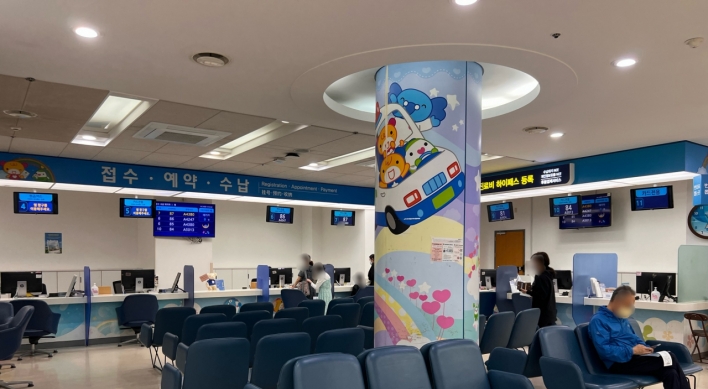
With summer here, the intake of cold and raw food increases and, accordingly, the number of people who get sick from eating bad food increases as well. When two or more people get sick from eating the same thing (with symptoms such as vomiting, diarrhea and abdominal pain), food poisoning is the first thing to suspect. When only one person happens to get sick, food poisoning can be suspected when its distinct symptoms are present.

Food poisoning can be categorized into five groups: bacterial, chemical, vegetative, animal and allergic food poisoning. Bacterial food poisoning is caused by the toxins that are secreted by the bacteria present in bad food. Vomiting, nausea and headaches that arise 2-4 hours after the ingestion of old food are usually caused by staphylococcus. The symptoms eventually recede, but in the sick and elderly, they may persist and become dangerous.
Chemical food poisoning is caused by the additives present in food. Poison mushrooms and potatoes are typical causes of vegetative food poisoning. Blowfish is the most famous cause of animal food poisoning, and happens mostly from October to March. Blowfish toxins can induce parasthesia, paracusis and respiratory paralysis in just a few hours. Allergic food poisoning is caused by allergic reactions after eating fish, including dry fish, and canned foods. Symptoms (rashes, vomiting) arise within an hour after ingestion. Patients with these symptoms should be taken to the hospital.
Most infectious diarrhea recedes after a day of fasting and replenishing the body with electrolytes and fluids. However, if the vomiting or diarrhea is severe, and is accompanied by a rash, fever or dehydration, the patient should be taken immediately to the hospital.
Indiscriminate use of antidiarrhetics can exacerbate the symptoms. The toxins present in the body are discharged through vomiting and diarrhea, a process that can be blocked by medication, thus making the condition worse. Patients should not use medication that is not prescribed by a doctor.
By Rhee Poong-lyul, M.D., Ph.D.
The author is a professor of gastroenterology at Sungkyungkwan University School of Medicine and doctor of Samsung Medical Center. ― Ed.




![[Grace Kao] Hybe vs. Ador: Inspiration, imitation and plagiarism](http://res.heraldm.com/phpwas/restmb_idxmake.php?idx=644&simg=/content/image/2024/04/28/20240428050220_0.jpg&u=)

![[Herald Interview] Mom’s Touch seeks to replicate success in Japan](http://res.heraldm.com/phpwas/restmb_idxmake.php?idx=644&simg=/content/image/2024/04/29/20240429050568_0.jpg&u=)


![[News Focus] Lee tells Yoon that he has governed without political dialogue](http://res.heraldm.com/phpwas/restmb_idxmake.php?idx=644&simg=/content/image/2024/04/29/20240429050696_0.jpg&u=20240429210658)








![[Today’s K-pop] Seventeen sets sales record with best-of album](http://res.heraldm.com/phpwas/restmb_idxmake.php?idx=642&simg=/content/image/2024/04/30/20240430050818_0.jpg&u=)